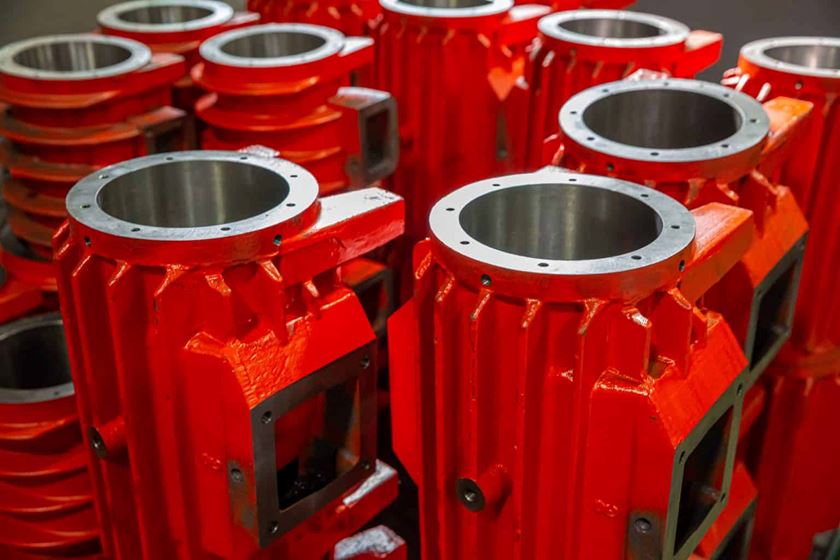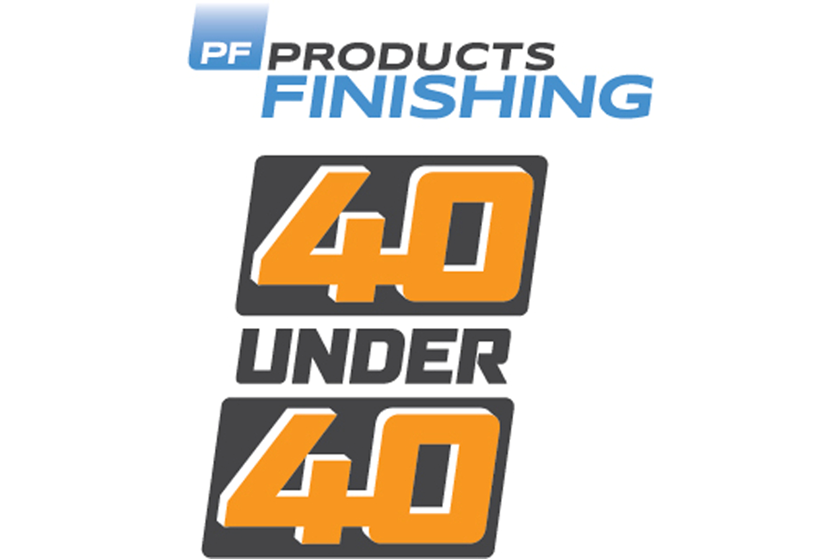Flexible Abrasion-Resistant Coating
I have a customer who needs a coating material that is flexible but hard enough to resist physical abrasion and very resistant to chemicals to use on a metal product. I hear that urethane paints might be good for this application.
Q. I am a consulting engineer involved in product design, and I have a customer who needs a coating material that is flexible but hard enough to resist physical abrasion and very resistant to chemicals to use on a metal product. I hear that urethane paints might be good for this application. I would be interested in other coatings that would also be as durable as urethanes. R.C.
Featured Content
A. What you hear about polyurethane coatings is correct. They can be formulated to be flexible and hard as well as abrasion and chemical resistance. You may also want to consider using epoxies, polyesters and vinyls which have excellent properties. The state-of-the-art today is such that a coating can be formulated to meet almost any set of performance properties.
It is not enough to ask a coating supplier for a flexible material that is hard enough to resist abrasion and chemical exposure. You must ask your customer to determine the exact degree of resistance his coating must have, rank those parameters in importance and then use that information in choosing a coating. Chemists working the coatings suppliers’ laboratories spend a lot of time developing that information for their data sheets. I know because I was once one of them.
RELATED CONTENT
-
Curing Oven Basics
Simply heating up the substrate does not cure the coating. There are many variables to consider when choosing the best cure oven for your application...
-
Phosphate Conversion Coatings
Types of phosphate conversion coatings, how to apply them, and their specific functions.
-
Pretreatment for Painting
Better adhesion, enhanced corrosion and blister resistance, and reduced coating-part interactions make pretreatment a must.


















